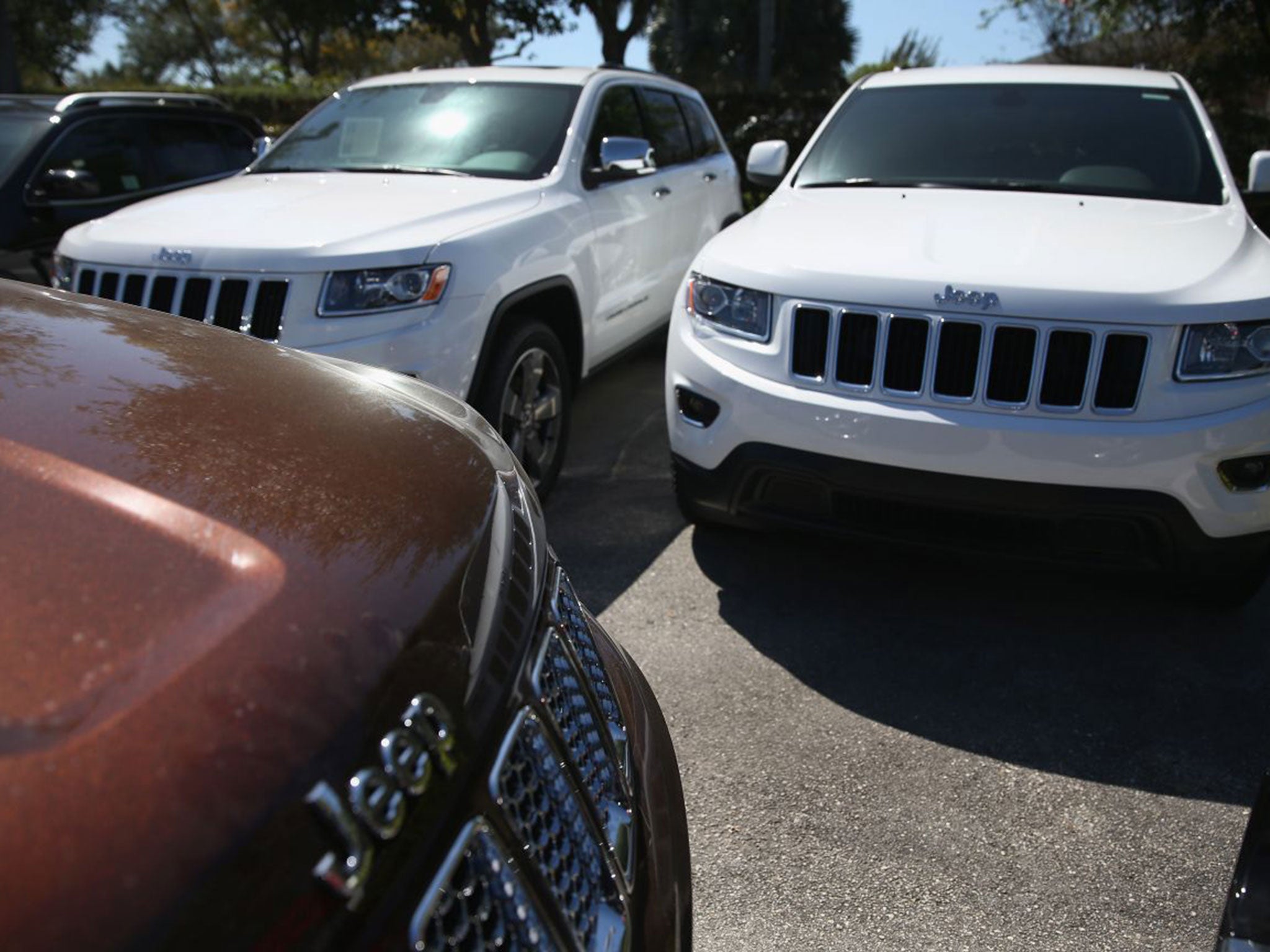Modern cars 'increasingly vulnerable' to cybersecurity threats, FBI warns
Hackers are able to achieve engine shutdown, disable brakes and manipulate steering through wireless connections

Your support helps us to tell the story
From reproductive rights to climate change to Big Tech, The Independent is on the ground when the story is developing. Whether it's investigating the financials of Elon Musk's pro-Trump PAC or producing our latest documentary, 'The A Word', which shines a light on the American women fighting for reproductive rights, we know how important it is to parse out the facts from the messaging.
At such a critical moment in US history, we need reporters on the ground. Your donation allows us to keep sending journalists to speak to both sides of the story.
The Independent is trusted by Americans across the entire political spectrum. And unlike many other quality news outlets, we choose not to lock Americans out of our reporting and analysis with paywalls. We believe quality journalism should be available to everyone, paid for by those who can afford it.
Your support makes all the difference.The FBI has issued a warning that modern cars are "increasingly vulnerable" to hacking after researchers proved it is possible to disable brakes and manipulate steering remotely.
An official public service announcement released by the FBI on Thursday warned that it is possible for hackers to “gain significant control over vehicle functions remotely by exploiting wireless communications vulnerabilities”.
The announcement explained that new technology designed to enhance safety and improve fuel economy has led to increased connectivity, which has made vehicles more vulnerable to attacks.
“Modern motor vehicles often include new connected vehicle technologies that aim to provide benefits such as added safety features, improved fuel economy, and greater overall convenience," it read.
“With this increased connectivity, it is important that consumers and manufacturers maintain awareness of potential cyber security threats."
Over the past year researchers have proven it is possible to develop methods of targeting the active cellular wireless and WiFi hotspots in vehicles.
They found that while attacks over WiFi were limited to a distance less than 100 feet from the car, they were able to achieve engine shutdown, disable brakes and manipulate steering when cellular connection was made.
The PSA provided advice on how to avoid remote exploits on vehicles. It stated that it is important to ensure vehicle software is up to date and to be careful when making modifications to vehicle software.
It also warned that drivers should be aware of who has physical access to the vehicle.
“It is important that consumers and manufacturers are aware of the possible threats and how an attacker may seek to remotely exploit vulnerabilities in the future,” the announcement added.
Last year Fiat Chrysler recalled 1.4 million vehicles in the US after security researchers remotely controlled a Jeep. In January 2015 BMW AG said it had fixed a security flaw that could have allowed 2.2 million of vehicle doors to be remotely opened by hackers.
People who suspect their car has been hacked are advised to get in contact with the vehicle manufacturer or authorised dealer.
Join our commenting forum
Join thought-provoking conversations, follow other Independent readers and see their replies
Comments